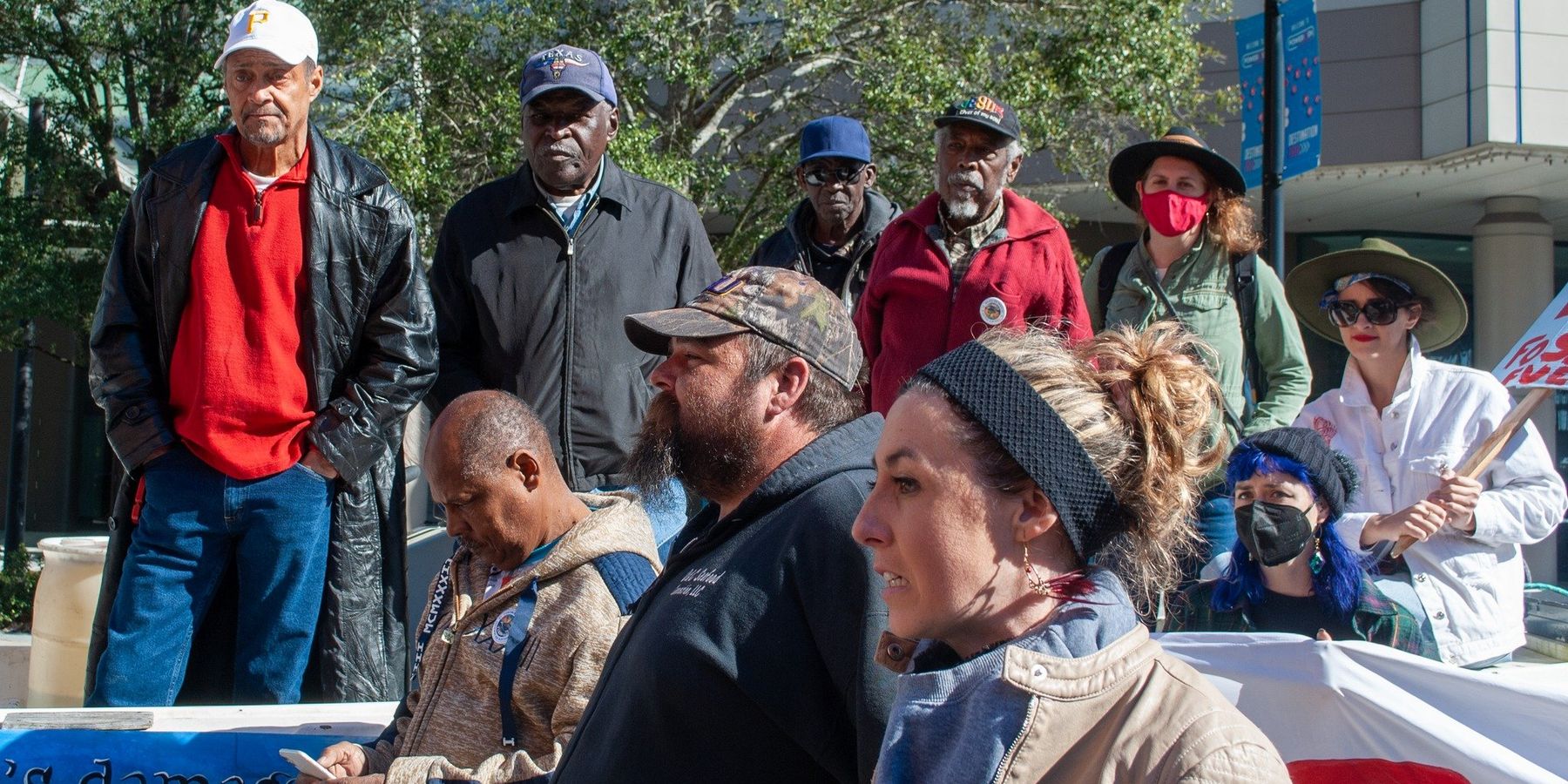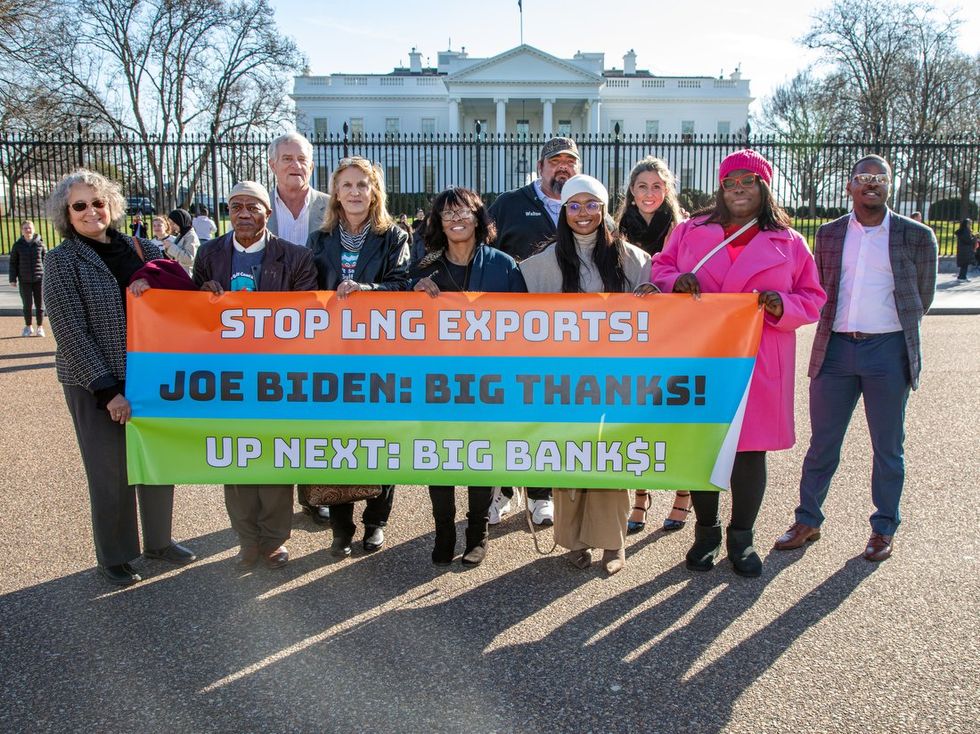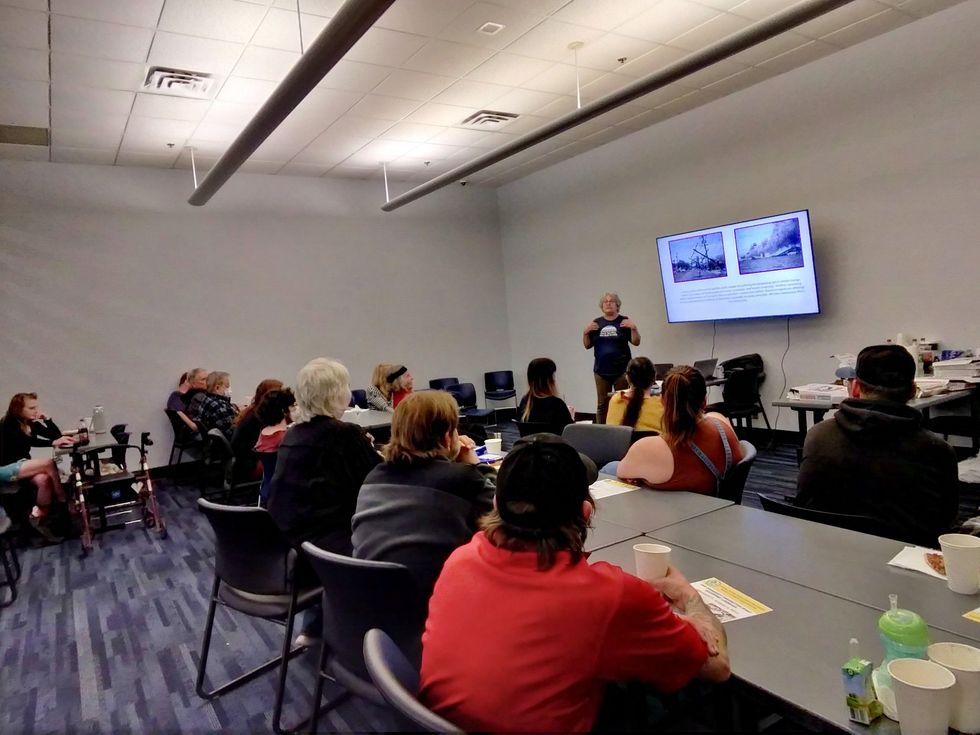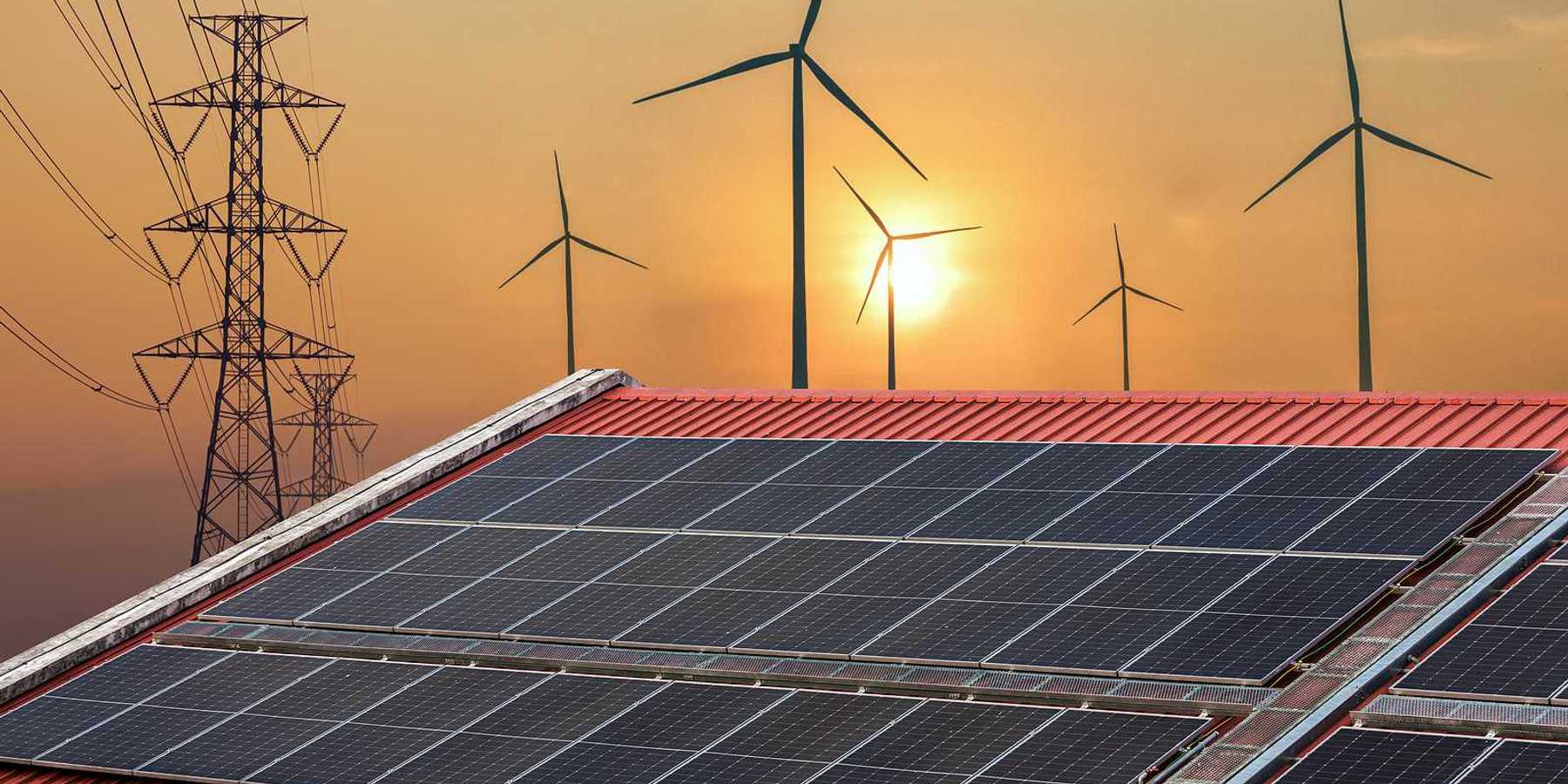
Op-ed: For environmental groups, Biden’s LNG decision cause for celebration – and caution
“It's a fight for our health and the health of our environment.”
For fighters on the frontlines of the battle for environmental justice, the wins can seem few and far between.
But environmentalists had reason to celebrate recently when the Biden administration announced a pause on new permits to export liquified natural gas (LNG), pending updates by the Department of Energy (DOE) to its authorization process.
The White House states that DOE’s current authorization criteria are five years old and don’t account for considerations like potential energy cost increases and the impact of LNG production on greenhouse gas emissions.
For environmental organizations along Louisiana’s southwestern coast – an area burdened with LNG facilities and the health and environmental issues that accompany them – this win was met with a mix of emotions, ranging from jubilation and surprise to caution.
“I was really surprised,” said Cynthia Robertson, founder of Micah 6:8 Mission, a community group in Sulphur, La. “We were working on this for a while, and it seemed like we were getting no place.“
Alyssa Portaro, founder and executive director of the Habitat Recovery Project in Vinton, La., was also surprised. Her group partners with Fishermen Interested in Saving Our Heritage (FISH) in Cameron, Louisiana, and other groups to fight the LNG industry. “We’re up against a Goliath,” said Portaro. “Gas and oil are a trillion-dollar industry.”
James Hiatt, executive director of For a Better Bayou in Lake Charles, Louisiana, said, “it’s a good first step.” Hiatt notes that while communities are celebrating and refineries are bemoaning the ruling, the decision doesn’t affect the permits already licensed. “There are over a dozen refineries already permitted that could still quadruple exports,” he said.
LNG landscape on the Gulf Coast

James Hiatt, executive director of A Better Bayou, speaks at a rally in New Orleans in January.
Credit: Traverse Productions/Diego Henriquez
According to the U.S. Department of Energy, the United States is the world’s largest producer of natural gas. Natural gas supplies about one third of the nation’s primary energy consumption and is mostly used for heating and generating electricity. While most natural gas is delivered in its gaseous form via pipeline in the U.S., the growing international market has increased demand for liquefied natural gas, or LNG, which has been cooled to a liquid state for shipping and storage. LNG has about 600 times less volume than its gaseous counterpart, enabling transport to places pipelines do not reach.
In 2023, the United States was the largest supplier of LNG to Europe according to CEDIGAZ, accounting for nearly half of total LNG imports. Last year marked the third consecutive year in which the United States supplied more LNG to Europe than any other country. Asia is the second largest export market for U.S. LNG.
Various estimates put the economic benefits of the U.S. LNG industry in the trillions of dollars. In Louisiana alone, according to Louisiana Economic Development, the LNG industry’s statewide economic impact is more than $4.4 billion, putting $178 million in taxes in the state coffers and creating 18,000 jobs.
But this productivity and profitability comes at a cost.
Profit over people

Roishetta Ozane (front right, in pink coat) of Vessel Project of Louisiana with other environmental activists in front of the White House after the Biden Administration announces a pause on LNG export permits.
Credit: Tim Aubrey, Greenpeace
LNG facilities in southwestern Louisiana operate in an 85-mile industrial stretch along the Mississippi River clotted with polluting petrochemical plants — which process fossil fuels into chemicals — earning the area the moniker Cancer Alley, in reference to the unusually high cancer rates among residents.
These industries are located mostly in low-income communities of color – so-called “sacrifice zones” – where the operation of and output from these facilities, including their accompanying toxic emissions, seem to take precedence over the health and well-being of residents.
According to the Environmental Health Project, the construction of LNG facilities and the production and transportation of natural gas negatively impact the environment and human health in a number of ways:
- Plant explosions
- Toxic emissions that include carbon monoxide, sulfur dioxide and volatile organic compounds that are associated with a range of health impacts, including: headaches; respiratory illnesses; heart disease; cancer; and damage to the reproductive system
- Water and noise pollution
- Mental health issues including stress, anxiety and depression
“Many of the people who work at these facilities have shorter lifespans and get sick, but they feel they need to do it to get a good paycheck because there’s not much else offered here,” Portaro said. “We have nothing against the people who work there. They're trying to feed their families. It's the people in charge who know the harm and have the responsibility to make the decisions to make things safer.”
Hiatt, who used to work in a refinery and whose father retired from one, pushes back on the notion that the LNG industry has been a savior for local economies.
“LNG hasn’t delivered,” he said. “LNG jobs pay better but long-term jobs are few. Construction jobs are temporary, and revenues haven’t really been generated for the community. Cameron still looks like the hurricane [Laura in 2020] just happened and the only hospital here remains closed.”
Robertson says her organization’s activism is not a fight against the LNG industry. “It's a fight for our health and the health of our environment.”
“We have to keep up our pressure”

Cynthia Robertson of Micah 6:8 Mission in Sulphur, La., leads a community meeting on the recent pause on LNG permits.
Credit: Cynthia Robertson
Since the LNG permitting pause, Micah 6:8 Mission, Robertson’s group, has hosted a community meeting to explain what the pause means and plan next steps. “We have to keep up our pressure on denying folks LNG permits,” she said, “and we also need to start making comments and making sure that those who are in power know that we're paying attention.”
Portaro would like Louisiana to move away from what she sees as its over-reliance on the petrochemical industry. “I think southwest Louisiana could really benefit from things like eco-tourism and more food production and farming,” said Portaro, who owns a farm. “One in six people in Louisiana goes hungry. We have some of the worst hunger rates in the country. We should be teaching people how to grow food, not to process oil and be getting sick from it.”













